Research updates
Tourism and the Social Values of Culture
Croatian INVENT team co-leader Mirko Petrić participated in the online panel on sustainable cultural tourism, held on the occasion of the World Tourism Day, and organized by the Faculty of Economics, Business and Tourism in Split (Croatia) on October 21st, 2021. His presentation emphasized the importance of the societal values of culture, from a perspective developed within the INVENT project.
New research alert: Diversity in cultural leadership
Aligning with INVENT’s interests in globalization, unequal cultural opportunities, and a bottom-up approach to cultural policy, Yeala Hazut Yanuka, from the UK team, is finalizing her research on diversity in cultural leadership in Arts Council England (ACE) and how it is perceived in the media. Her research explores ACE’s view and the media’s view of the leadership component in ACE’s diversity strategy in the framework of organizational legitimacy theory (Suchman 1995). The study
New INVENT team member: Dr. Eva Myrczik joins the Danish team as a postdoctoral researcher
The INVENT-team is happy to welcome Dr. Eva Myrczik as a postdoctoral researcher in the Danish team as of October 15, 2021. Eva Myrczik has a MA in Cognition and Communication from the University of Copenhagen and achieved her PhD in November 2019 from the same university with the dissertation Digital Museum Mediation in Denmark: A Critical Exploration of the
Religiosity in five European societies – religious, spiritual, secular
The level of religiosity and type of religion in modern Europe varies significantly in different countries. Consequently, the trends observed are not the same, and religion’s role in these countries is different. Moreover, its influence on various aspects of cultural and social life varies according to the number of believers, the frequency of religious practice, the dominant religious tradition and
INVENT CONFERENCE ROTTERDAM – Session II
It might come as no surprise to hear that the rising social inequalities in Europe are bearing their effects on cultural participation and access to cultural opportunities. Curious to hear how our findings can aid in creating more inclusive cultural policies? Join session 2 of the INVENT Conference 2021! Register here One of the mega-trends shifting dynamics across Europe which
INVENT CONFERENCE ROTTERDAM – Session I
Session 1: Culture for Everyone? Societal Support for Culture and Cultural Policy Have you ever wondered how people in different European societies look at culture and cultural policy and how important they consider government support for different areas of culture? Members of the INVENT team will delve into this topic during Session 1 of the INVENT Conference 2021. Will you
The August Policy Brief is now downloadable
We are happy to share that the first INVENTCulture Policy Brief has been submitted to the European Union and now is fully accessible on our website through this link.
The first INVENT newsletter is out
The INVENTculture team is proud to present its August 2021 Newsletter. This piece features ten articles including analyses of the INVENT survey and other related projects and presentations. From the perceptions of European citizens of the notion of culture to their beliefs of what should be or not be publicly funded, this newsletter showcases the responses of more than 15,500
INVENT presents at the ESA Conference 2021 in Barcelona – Sociological Knowledges for Alternative Futures
From 31 August to 3 September 2021, the INVENT team has the pleasure of attending the 15th Conference of the European Sociological Association in Barcelona, which will be held online. Our team will present, among other things, the first results of the international survey study and, the comparative analysis of Twitter content that was conducted across nine European countries earlier
Is Serbia a very religious society?
The data obtained from previous empirical research testified that religiosity in Serbia could be subsumed under Grace Davie’s phrase “belonging without believing”. Namely, the inhabitants of Serbia broadly expressed their confessional affiliation to one of the dominant religions (Orthodox Christianity, Catholicism, Islam, etc.). This was accompanied by a somewhat lower level of self-declared religiosity, which indicated that confessional affiliation was

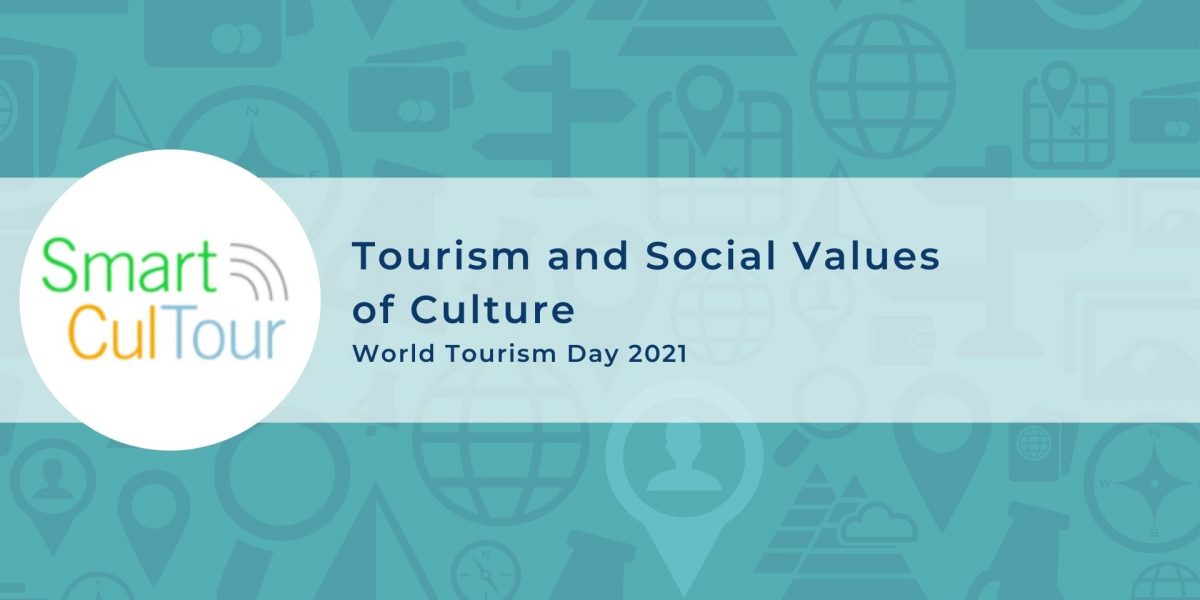
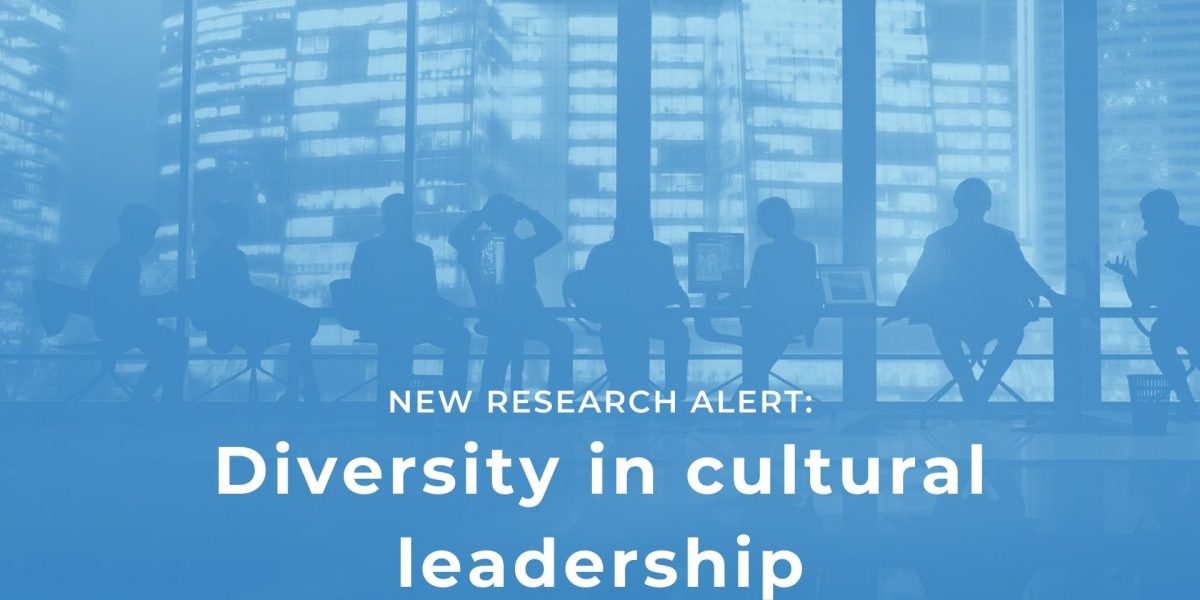
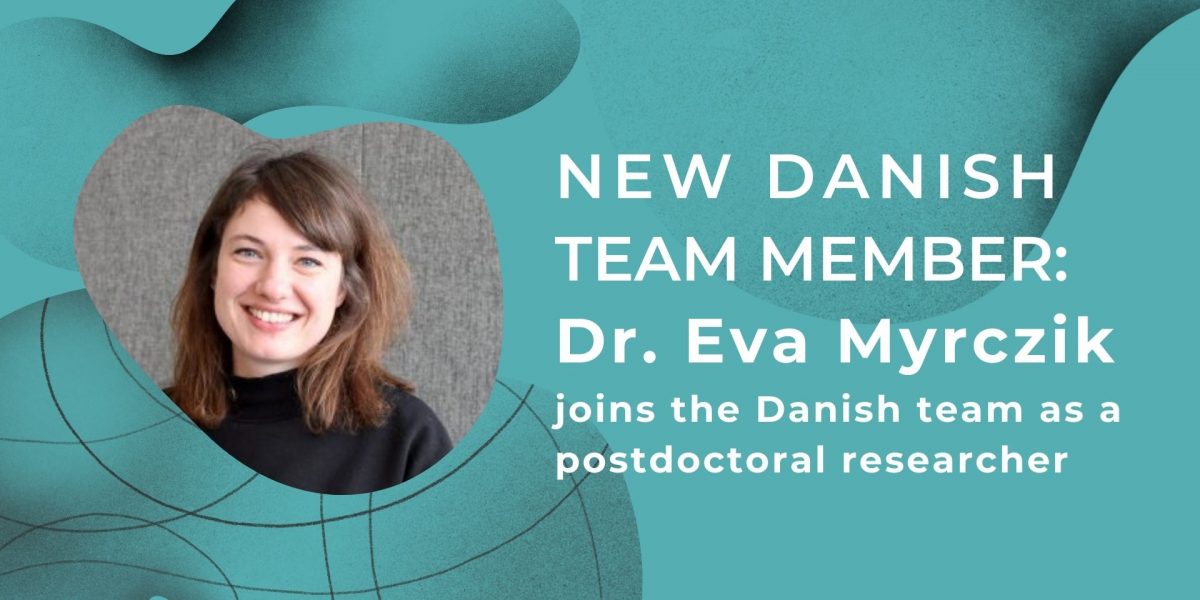
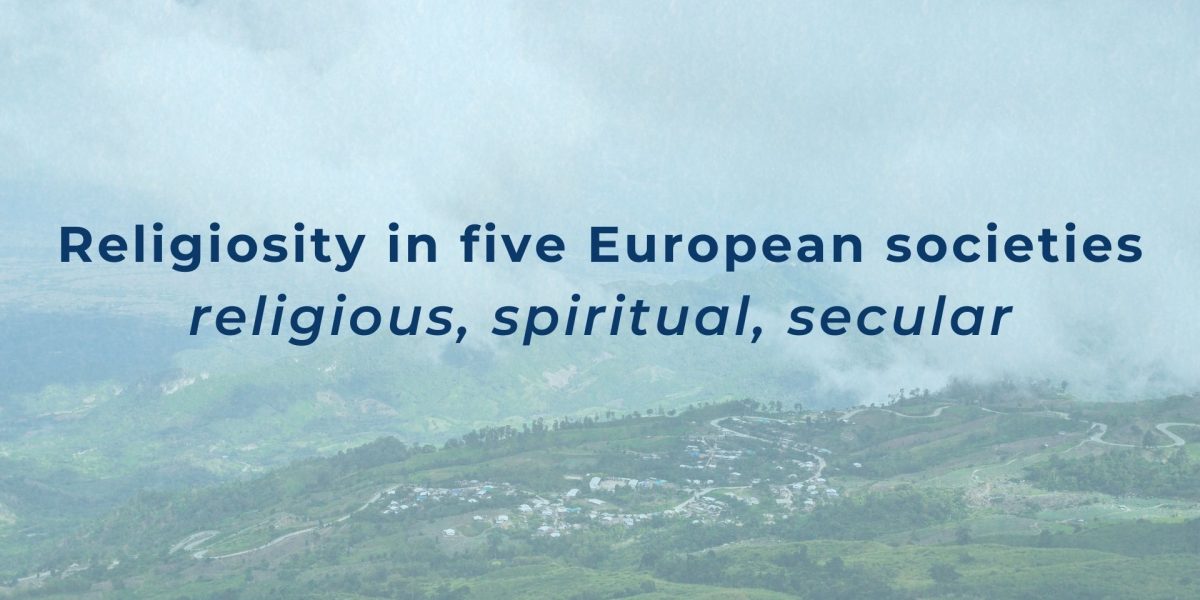
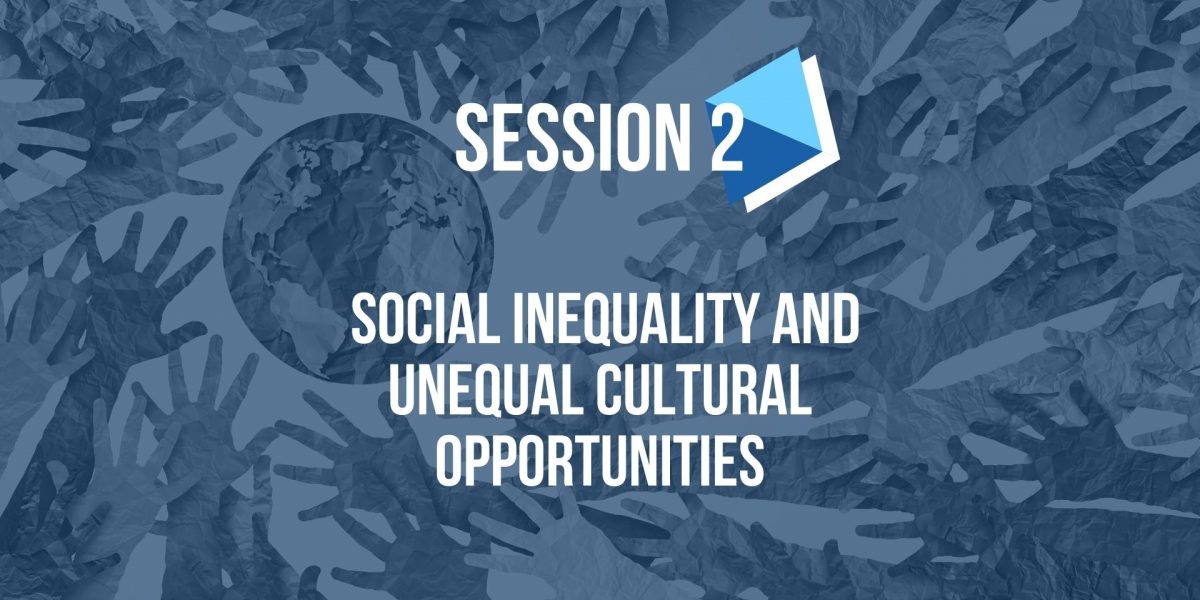
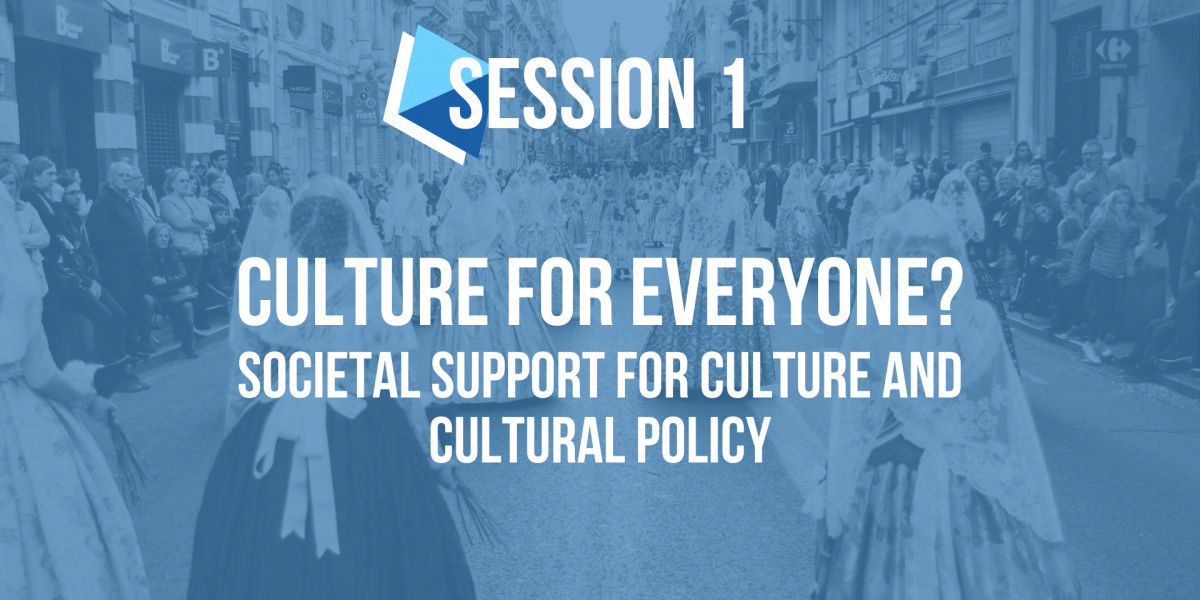
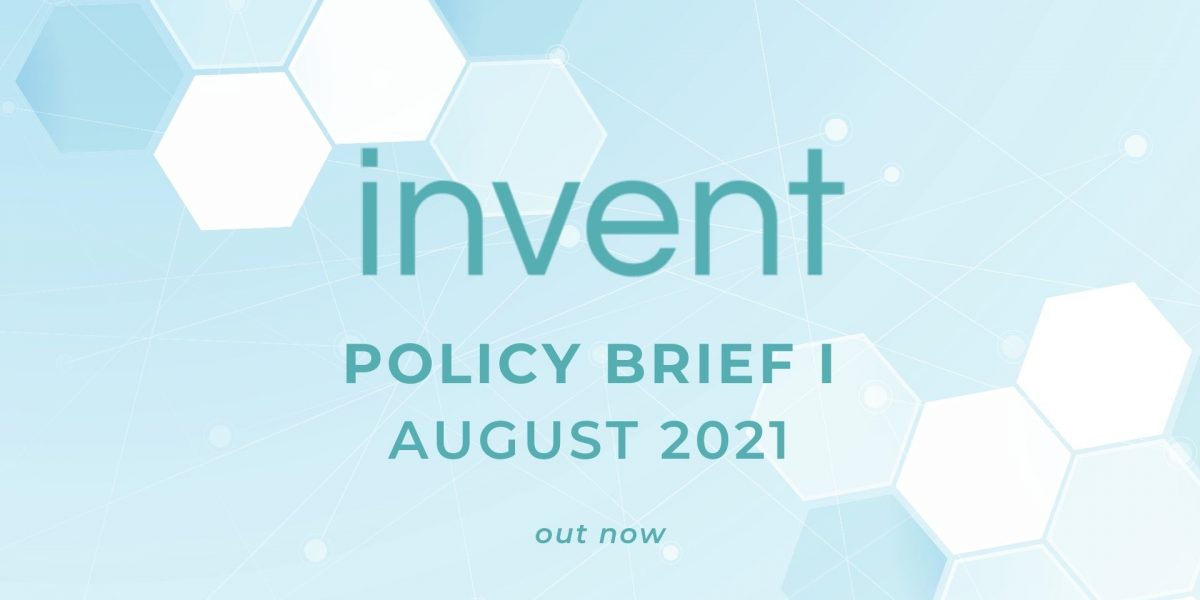
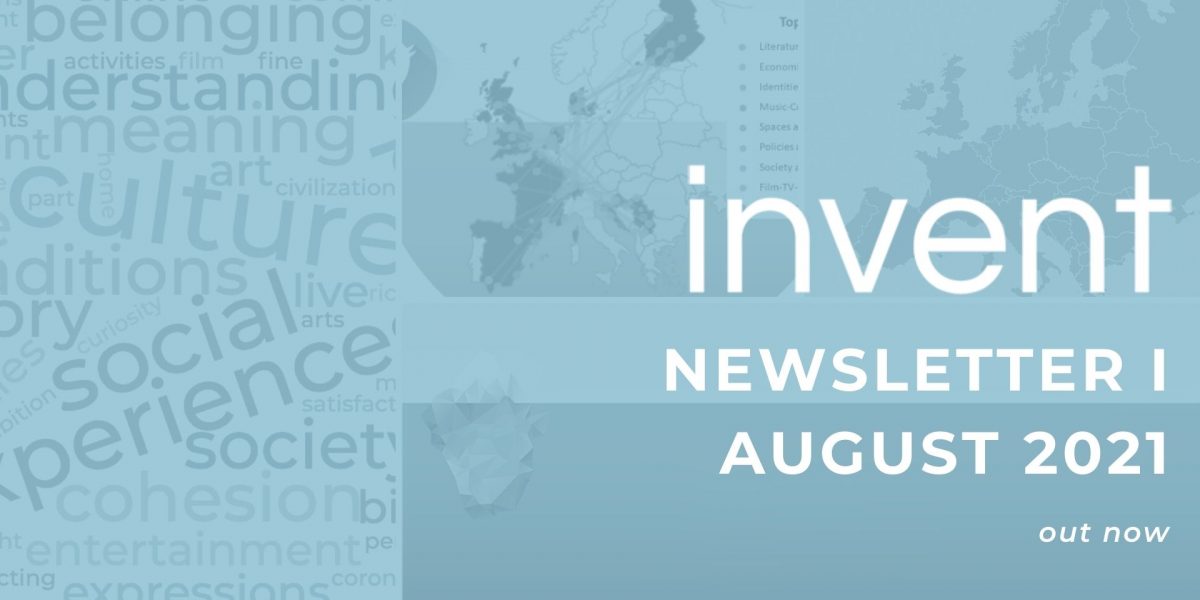
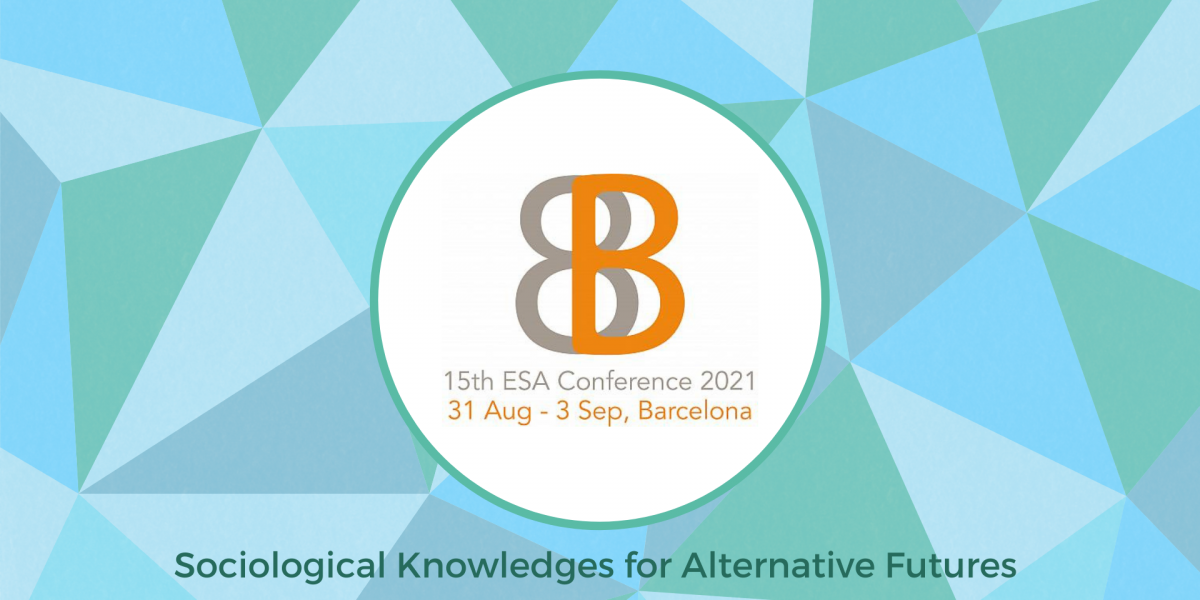
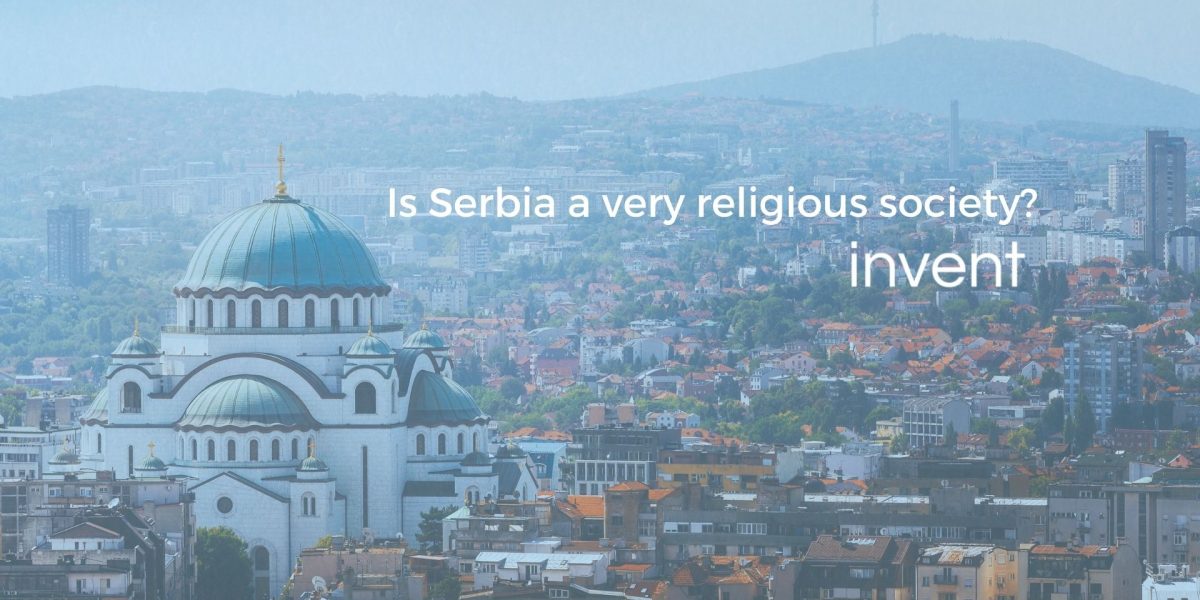

 This project has received funding from the European Union’s Horizon 2020 research and innovation programme under grant agreement No
This project has received funding from the European Union’s Horizon 2020 research and innovation programme under grant agreement No